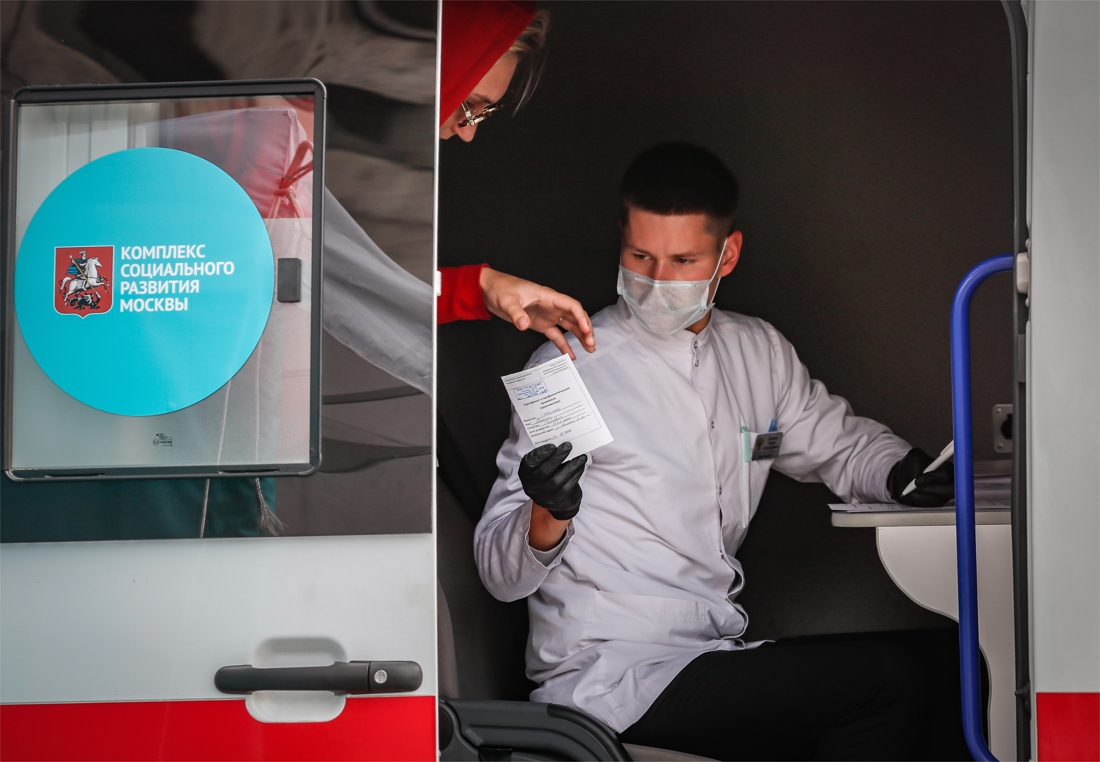Russia has for the first time disclosed scientific details of the corona vaccine ‘Sputnik-V’. That led to antibodies in all 76 participants in the first test phases, it sounds. And “no serious side effects” have occurred, the Russian scientists said. The preliminary results were published Friday in the medical journal ‘The Lancet’. International experts are cautiously positive about the results, but point out that the test group is quite small.
–
On August 11, Russian authorities announced that the country was the first to register a vaccine. The scientists wrote in “The Lancet” about two studies, conducted between June 18 and August 3, by the Russian Ministry of Health and the Ministry of Defense. Each time it concerned 38 healthy adults between 18 and 60 years old. After their vaccination, they were followed up for 42 days. They all developed antibodies in the first three weeks.
Following the Moscow announcement in August, numerous researchers and some countries expressed doubts about the efficacy and safety of Sputnik-V, as there was no publicly available data on the tests performed. The Russian scientists now also recognize in ‘The Lancet’ that extensive and long-term studies are needed, as well as further follow-up, to determine the “long-term safety and efficacy” of the vaccine.
Two injections
The vaccine consists of two injections. Sputnik-V was developed by the State Institute of Epidemiology and Microbiology Gamaleja in Moscow. According to the institute, the third test phase will last at least six months. It is only in this important phase that a candidate vaccine is tested in many people to determine whether and how well an active substance protects against an infection and which side effects occur. That test phase has already started.
The first volunteers in Moscow will be given the vaccine from next week, said Mayor Sergei Sobjanin. He has also had himself vaccinated. The Russians want to start the vaccination from September, without waiting for the results of the third and final phase of the clinical tests.
According to the World Health Organization, a total of 176 vaccine candidates are under development around the world. Of these, 34 are at the clinical testing stage, which means that tests on humans have started. Eight vaccines are already in the third test phase.
– .


